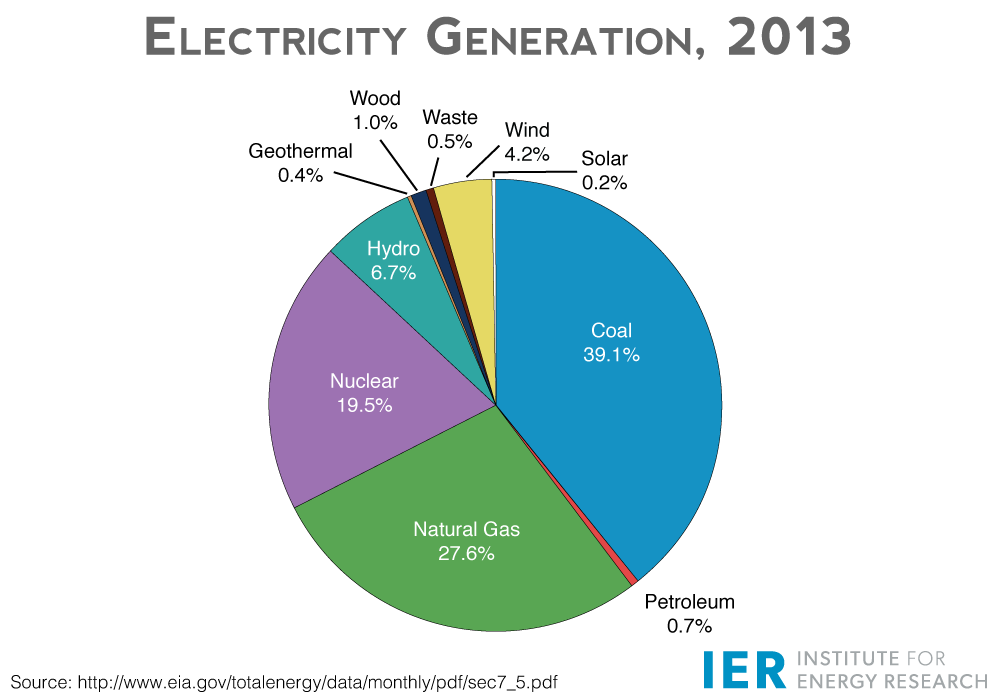Reality is Facebook data center won’t be 100% “renewable”
According to news reports, Facebook is considering both Utah and New Mexico as potential locations for a new data center. Other news reports indicate that the center would create 200 to 300 construction jobs for seven years and between 30 and 50 full-time jobs at the data center in its initial phases.
“Natural-disaster-proof” New Mexico would indeed be an ideal place for Facebook and other companies to locate their data centers.
However, there is always a “catch.” According to the news article linked to at the beginning of the article, “the data center’s electricity energy needs would be served 100 percent by renewable energy.” This is suspicious on its face because data centers need massive quantities of cheap and very reliable electricity. Data centers can’t shut down when the sun doesn’t shine or the wind fails to blow. So, what gives?
According to Paul Chesser at the National Legal and Policy Center:
Companies like Apple, Google, and Facebook have built giant data facilities in North Carolina. They get to (cheaply) use the benefits of the state’s nuclear-, coal- and natural gas-powered electricity, but cloaking it in the guise of a rigged scheme to make them look like they are “green.” And they cash in!
Travis Fisher at the Institute for Energy Research reiterated Chesser’s point and said the following of “100% renewable” claims:
Many companies such as Apple and Google claim that they get their electricity from 100 percent renewable sources. At best, this claim is misleading and deceptive. We cannot find a single instance of a large company actually going “100 percent renewable.” The reality is that as long as these companies are connected to the electric grid, they still get the vast majority of their electricity from conventional sources such as coal, natural gas, and nuclear power, and are therefore not 100 percent renewable.
We at the Rio Grande Foundation don’t feel the same pressures from the “green” lobby as do Facebook and other tech companies. We certainly understand their desire to be seen as “green” regardless of their massive electricity use. But we do have concerns that the company’s efforts to make themselves look environmentally-friendly will make our electricity grid less stable while raising costs for other rate-payers. This is true whether or not Facebook chooses Utah or New Mexico.

